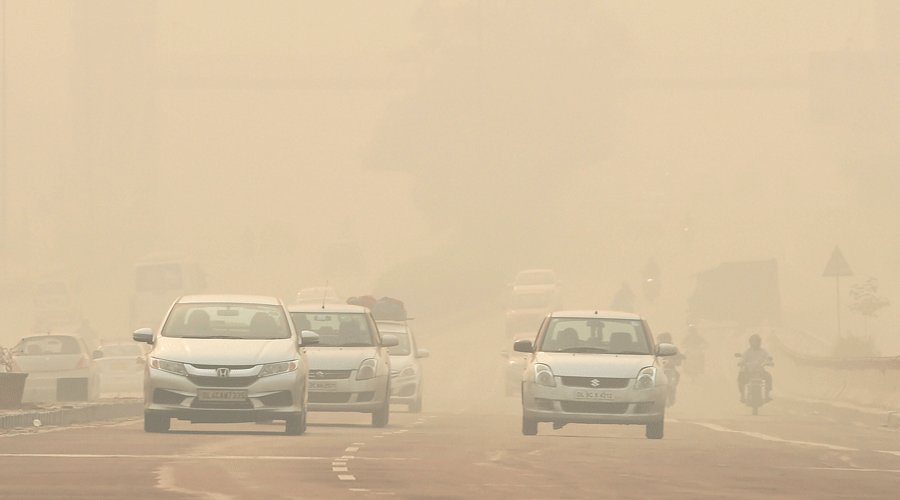A senior researcher of the Yale Center for Environmental Law and Policy, which prepared the global Environmental Performance Index 2022 report that put India at the bottom of the 180 countries assessed, has defended its findings against criticism from the Indian government.
Martin Wolf, principal investigator of the report, rebutted the Indian environment, forest and climate change ministry’s allegation that the report was based on “unscientific methods (and) unfounded assumptions”.
“We are aware of the Indian government’s response to our report, and regret that they have decided to reject a useful data-driven tool instead of leveraging its findings to improve the environmental health of India,” Wolf told The Telegraph.
“Our team has carefully reviewed the ministry’s rebuttal to our analyses and rankings. The ministry would prefer (that) analyses like the EPI rank countries on their policy intentions rather than on the current state of environmental conditions,” the Yale scientist said.
“The Environmental Performance Index has always based (its) rankings on (a) country’s performance today; not on what a country promises to accomplish years or decades from now. The EPI adjusts the weights given to indicators to reflect a balanced scorecard. We do not adjust weights to punish certain countries.”
The Indian government had alleged that the “weight of indicators in which the country was performing well has been reduced”.
India had also complained that its positive contributions to fields like renewable energy and its historically low emissions levels had been ignored. It claimed it had already achieved its target of basing 40 per cent of its installed electricity capacity on non-fossil-fuel sources.
“Some of these indicators used for assessing performance are extrapolated and based on surmises and unscientific methods,” the Indian government had said on June 8, adding that it “does not accept its analysis and conclusions”.
The EPI report said that “India’s poor performance in the 2022 EPI reflects several persistent sustainability challenges” and that “the country ranks 179th in both the air quality and biodiversity & habitat issue categories”. Overall, India ranked 180th.
The report highlighted how the poor ambient air quality led to millions of premature deaths in India every year.
“India has struggled to make progress on biodiversity and habitat conservation in recent years, (and) climate change is another area where India has struggled to make progress,” it said.
An official in India’s environment ministry admitted: “India’s bottom place in the EPI has generated a hue and cry, but one should not be surprised as India was consistently doing poorly over the last few years in the EPI.”
The official recalled that India had ranked 168 in 2020 and 177 in 2018, down from 141 in 2016.











